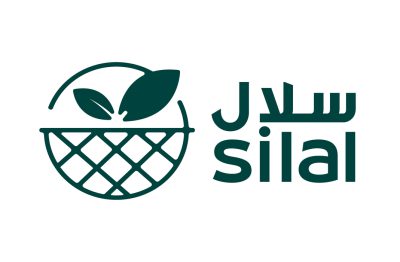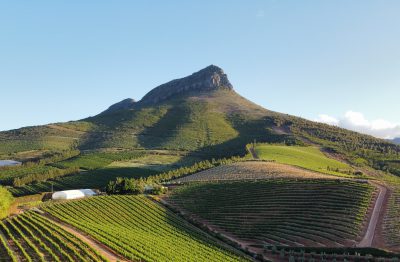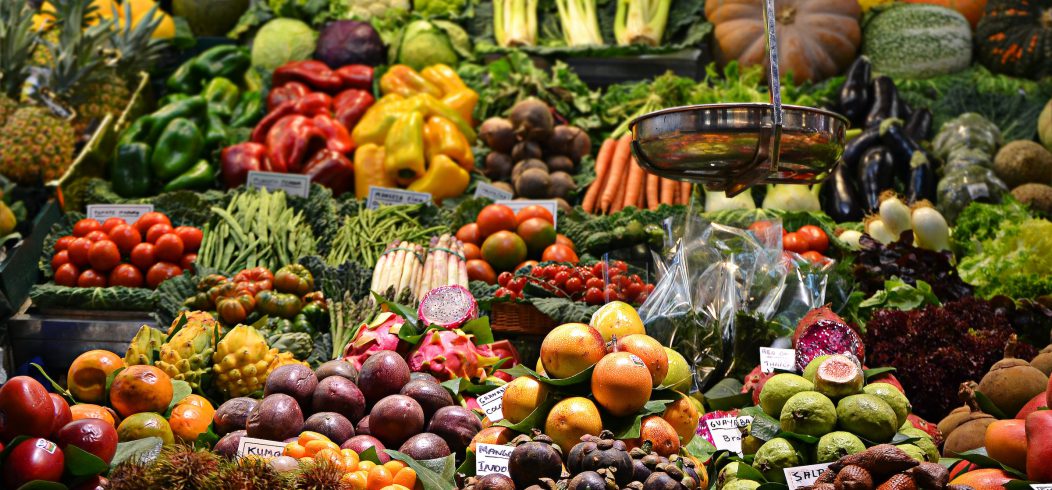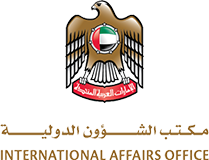Dr. Anne Le More: Food Security, Health and Sustainability
The Gulf region has historically been considered stable when it comes to food security. GCC members are the most food-secure nations in the Arab world, and in 2022 the United Arab Emirates ranked 23rd out of 113 countries in the Global Food Security Index, which analyses the availability, affordability, quality and safety of food supplies.
As is the case around the world, however, the UAE’s food ecosystem remains prone to a range of risk factors, including climate change, biodiversity loss, resource scarcity, pandemics, and geopolitical instability. All of these risks also need to be considered within the context of rapid population growth, rising food prices, and the need to improve nutritional intake given the high prevalence of obesity and chronic disease.
Over recent decades, governments seeking to address food security concerns have rightly focused on the availability, affordability, and safety of food. Nation states have sought to increase their domestic production, secure existing import routes, and diversify international trade partners to help guarantee the continuous movement of high-quality produce, even in the event of local or global supply chain disruption.
While this focus has been essential, it is also clear that it is no longer sufficient. Given the magnitude of the challenges faced, a broader, more holistic approach to food security, including prioritizing nutrition and sustainability is key. Policymakers have stressed the need to incorporate the provision of sufficient, nutritious foods into agri-food strategies, ensuring populations have access to healthy produce that promotes well-being and prevents disease. Equally critical is encouraging more sustainable diets with low environmental impact, helping protect the planet and enhancing food security for future generations.
This is why our agriculture and food systems need to be transformed at the systemic level. From farm to fork, the world must work harder to mitigate the impact of climate change, help drive more sustainable dietary habits, and build greater resilience to future supply chain shocks. Currently, for example, the GCC is heavily import-dependant, bringing in around 93 percent of its cereals, 62 percent of its meat, and 56 percent of its vegetables. Meanwhile, global agriculture accounts for around 70 percent of freshwater use – a figure that is highly unsustainable.
In September 2022, the United Nations Food Systems Summit took place in New York as part of ongoing efforts to transform the way the world produces, consumes, and thinks about food. This summit, the first ever at heads of state and ministerial level to look at food systems, was significant as it drew attention to the importance to consider agriculture and food together rather than to continue to apprehend them separately. Above all, it pointed to the urgency to join forces to imagine future scenarios to disrupt the status quo structurally and bring about tangible actions to fulfil the UN’s Sustainable Development Goals.
Agrifood-tech has a crucial role to play in this food revolution, and I have been enormously impressed by the energy, drive, and creativity of those working in the sector. Technological advances can optimize farm productivity, cut water consumption, reduce food waste, and streamline supply chain efficiencies. It can also encourage the adoption of healthier diets, reducing carbon emissions as well as an overreliance on costly food imports.
The pace of innovation is only enhanced by competitions such as the FoodTech Challenge, and I have been honoured to be one of its judges. Organized by the UAE’s Ministry of Climate Change and Environment, and Tamkeen, the event seeks to stimulate solutions to help the region and the wider world tackle the issue of food security. This year, we received an incredible 660 entries from 79 countries. International teams pitched cutting-edge technologies aimed at boosting the productivity of local farmers, facilitating imports, and reinforcing supply chains.
In addition to agrifood tech entrepreneurs, however, businesses, investors, policymakers and civil society also have a responsibility to come together to encourage us all to produce, cook and eat differently. Transformation will not occur in silos. We need ideas, policies, collaboration, and resources at scale.
That is why I co-founded Chefs4thePlanet, an international network of chefs focused on promoting sustainable gastronomy, that is eating more local, seasonal, plant-based foods, and caring about our natural resources. Two years in, our organization connects chefs from all over the world, inspiring a sense of community united by cooking delicious food more sustainably. Our chefs help raise awareness about the role consumers can play in transforming our food systems.
While it’s clear that enormous challenges remain ahead, I have no doubt that by continuing to work together we can bring about real change, ensuring food security for all – in a way that also takes care of our health and that of the planet.
Other Blogs

Interview with Muharrem Galip Oner, Chief Digital Officer, Silal
Can we start by asking you to give us some background into what Silal does?
Silal was established in 2020 with a visi...

Dr. Agnes Kalibata: We have the tools to transform our global food systems – now we need teamwork
As world leaders convened in Sharm El Sheikh last week to address the climate crisis, there was no doubt that we are witnessing the challenge of our times. Compounded by the Cov...








